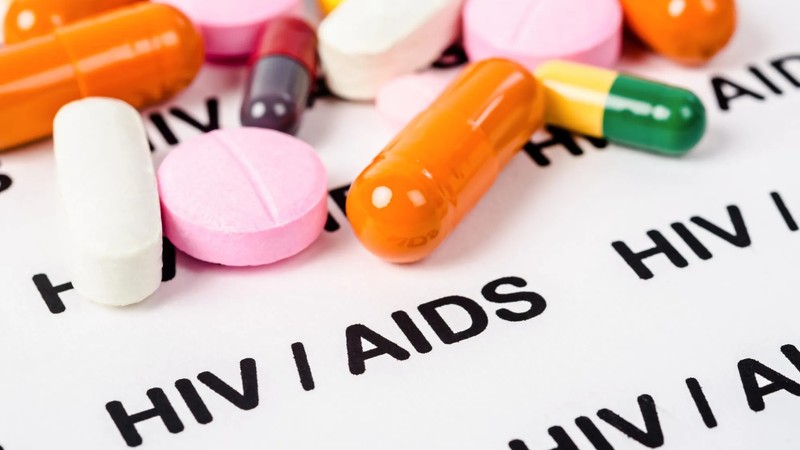Banele Ginindza
The South African Pharmacy Council (SAPC) has said it will accelerate the training of pharmacists to roll out HIV and Aids treatment under the Pharmacist-Initiated Management of Antiretroviral Therapy (PIMART) programme, following a landmark ruling by the Supreme Court of Appeal (SCA) upholding pharmacists’ right to dispense antiretrovirals.
The SCA’s decision marks the end of a protracted legal battle initiated by the Independent Practitioners Association (IPA) Foundation, which had sought to block the implementation of PIMART. The Foundation’s appeal aimed to overturn a 2023 North Gauteng High Court ruling that dismissed its application to halt the programme.
In a statement on Monday, the SAPC said the judgment affirms that PIMART is “a necessary and competently designed intervention programme” critical to South Africa’s fight against HIV and Aids.
SAPC President Mogologolo Phasha said the antiretroviral medicines to be dispensed under PIMART will be drawn from government supplies in line with Department of Health (DoH) protocols. He added that discussions on a fee framework for pharmacists were under way.
“We cannot put away the fact that there could be more decisions and collaboration with the DoH in terms of how access can be expanded through some subsidies to patients, just like how we dealt with the COVID-19 programme,” Phasha said.
“We also have some pharmacists who are providing some immunisations to the public, which are also subsidised by the State. If the DoH would like to expand the service, there could be those kinds of talks. These are early days. There will be more discussions and more ways in how to expand care.”
Phasha noted that similar partnerships already exist through family planning and the Expanded Programme on Immunisation (EPI), where government provides medication free of charge while pharmacists charge a consultation fee.
“There are lots of discussions with the department to access these stocks. From our perspective, it’s not something we worry about. Doctors see it as a threat, we see it as an opportunity for collaboration,” Phasha said.
“Patients that would not ordinarily see a practitioner will be screened by the pharmacists, those needing will be referred to the doctor.”
The SAPC expressed regret that more than 300 000 South Africans had died during the litigation period, and new data from the Department of Health shows that around 111 000 people have dropped out of the HIV treatment programme during that time.
Phasha said the council would also engage medical aid schemes and the Board of Healthcare Funders to ensure that both medication and professional fees charged by pharmacists are covered for private patients.
“When we introduce new fees, we consult with the Board of Healthcare Funders who represent various medical aids. We take it we will be consulting with them to ensure that pharmacists, specifically for those private patients who are not State patients, access the stock,” Phasha said.
“We expect the same arrangements pharmacists have around family planning and immunisation would apply to ARVs as the Minister anticipated when we started the programme.”
Phasha stressed that PIMART, which can only be provided by pharmacists with specialised training, will significantly expand access to HIV prevention and treatment—particularly among populations that struggle to access clinics and hospitals.
“It will also improve efficiencies in the healthcare system in that HIV-positive patients whose statuses would have gone undetected until they needed hospitalisation due to complications and being immunocompromised, would now know their statuses earlier and suppress their viral loads through treatment provided by the multidisciplinary healthcare team, which now includes pharmacists,” Phasha said.
South Africa’s national HIV strategy aims for 95% of people living with HIV to know their status, 95% of those diagnosed to be on treatment, and 95% of those treated to achieve viral suppression.
Phasha said the rollout of PIMART brings these goals “within closer reach than ever before.”
“While we are beyond disappointed that over the period that PIMART has been litigated against, the country’s potential to treat untested, untreated and hard-to-reach populations has been sorely restrained,” he said.
“We have confidence that the implementation of PIMART would bring access to those South Africans who were, for various reasons, unable to access life-saving treatment and HIV-prevention services.”
BUSINESS REPORT
